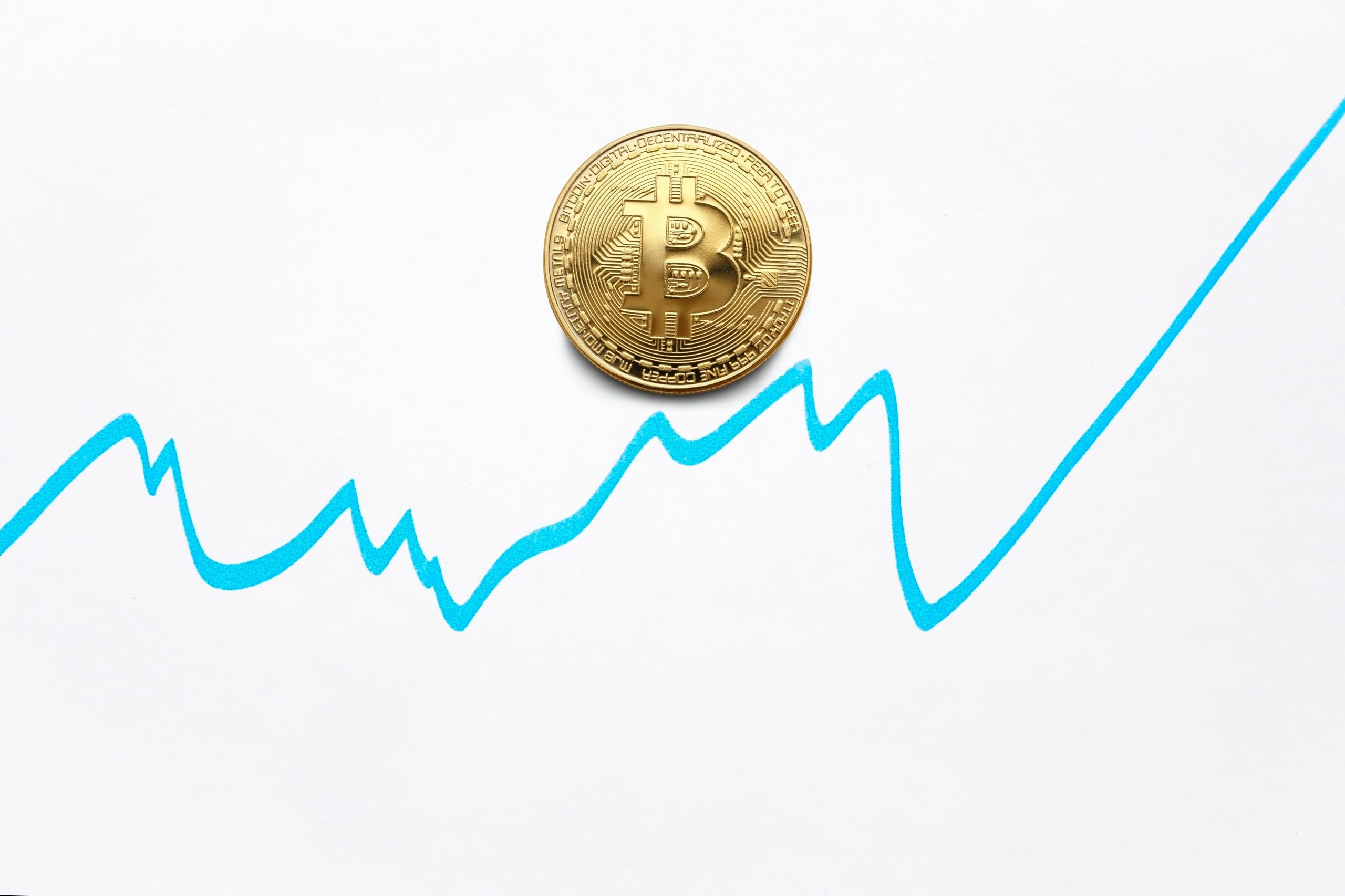Table of Contents
- 1 I. Introduction
- 2 II. Calculation of Market Capitalization
- 3 III. Importance of Market Capitalization
- 4 IV. Categories of Cryptocurrencies Based on Market Cap
- 5 V. Factors Influencing Cryptocurrency Market Cap
- 6 VI. Limitations of Market Capitalization as an Indicator
- 7 VII. Historical Trends and Analysis
- 8 VIII. Future Outlook
- 9 IX. Conclusion
![]()
Cryptocurrency has rapidly evolved from a niche technological curiosity into a major financial asset class. One key metric used to evaluate the significance and stability of cryptocurrencies is market capitalization. This article delves into what market capitalization is, how it’s calculated, why it’s important, and the limitations associated with it.
I. Introduction
Definition of Cryptocurrency Market Capitalization
In financial terms, market capitalization refers to the total market value of a company’s outstanding shares. When applied to cryptocurrencies, it represents the total value of a particular cryptocurrency in circulation. This is calculated by multiplying the current price of a single coin by the total number of coins in circulation. For instance, if a cryptocurrency has 1 million coins in circulation and each coin is worth $10, its market capitalization would be $10 million.
II. Calculation of Market Capitalization
Formula
The formula for calculating market capitalization in the cryptocurrency realm is straightforward:
Market Capitalization=Total Supply of Coins×Current Price per Coin\text{Market Capitalization} = \text{Total Supply of Coins} \times \text{Current Price per Coin}Market Capitalization=Total Supply of Coins×Current Price per Coin
Components
- Total Supply: This refers to the number of coins that are currently available and circulating in the market. It includes coins that are mined and available for trading but does not account for coins that are held in reserve or locked.
- Current Price: The price of a single coin or token in the market. This can fluctuate based on trading activity, market sentiment, and other factors.
Examples
For example, as of a specific date, Bitcoin (BTC) might have a total supply of approximately 19 million coins and a current price of $30,000. The market capitalization would be:
19,000,000 BTC×30,000 USD/BTC=570,000,000,000 USD19,000,000 \text{ BTC} \times 30,000 \text{ USD/BTC} = 570,000,000,000 \text{ USD}19,000,000 BTC×30,000 USD/BTC=570,000,000,000 USD
III. Importance of Market Capitalization
Market Value Indicator
Market capitalization provides a snapshot of the total value of a cryptocurrency. It’s a useful metric for understanding the scale and market presence of a particular cryptocurrency. Higher market capitalization generally indicates a more established and widely adopted cryptocurrency.
Comparison Tool
Market cap is a key tool for comparing different cryptocurrencies. By examining the market cap, investors can gauge the relative size of various cryptocurrencies and determine their market standing. For instance, Bitcoin, with the largest market cap, is often seen as the leading cryptocurrency, while smaller-cap coins may represent emerging technologies or speculative investments.
Investor Perspective
For investors, market capitalization is a critical factor in assessing potential investments. Larger market cap cryptocurrencies are typically considered safer, with more stability and liquidity, while smaller market cap cryptocurrencies might offer higher risk but potentially greater returns.
IV. Categories of Cryptocurrencies Based on Market Cap
Large-Cap Cryptocurrencies
These are cryptocurrencies with a market capitalization in the billions, such as Bitcoin (BTC) and Ethereum (ETH). They are usually characterized by high liquidity, broader acceptance, and more stability compared to smaller-cap cryptocurrencies.
Mid-Cap Cryptocurrencies
Mid-cap cryptocurrencies have a market cap ranging from hundreds of millions to a few billion dollars. Examples include Cardano (ADA) and Polkadot (DOT). These cryptocurrencies may offer a balance between stability and growth potential, appealing to investors looking for moderate risk.
Small-Cap Cryptocurrencies
Small-cap cryptocurrencies have lower market caps and can be highly volatile. These are often newer or niche coins with market caps under a few hundred million dollars. They can present significant opportunities for high returns but come with greater risk and lower liquidity.
V. Factors Influencing Cryptocurrency Market Cap
Supply and Demand
Market cap is influenced by the basic economic principles of supply and demand. If demand for a cryptocurrency rises and the supply remains constant or increases slowly, the price typically rises, thus increasing the market cap. Conversely, if demand falls, the price and market cap may decrease.
Adoption and Use Cases
The extent to which a cryptocurrency is adopted and utilized in real-world applications can significantly affect its market cap. Cryptocurrencies with practical use cases or those integrated into major platforms often see higher market caps due to increased demand and utility.
Technological Developments
Technological advancements, upgrades, or innovations can impact a cryptocurrency’s market cap. For instance, Ethereum’s transition to Ethereum 2.0 introduced scalability improvements, which can boost its market cap by enhancing its functionality and appeal.
Market Sentiment
Investor sentiment and news cycles can also influence market cap. Positive news or endorsements can lead to increased investment and a higher market cap, while negative news or regulatory concerns can have the opposite effect.
VI. Limitations of Market Capitalization as an Indicator
Volatility
Cryptocurrency prices are notoriously volatile. This volatility means that market cap can fluctuate widely in short periods, making it an unreliable measure of long-term value or stability.
Manipulation
Market cap can sometimes be manipulated through practices such as “pump and dump,” where the price is artificially inflated to attract investors before being sold off. This can skew market cap figures and mislead investors.
Liquidity Issues
Low trading volume and liquidity can affect the accuracy of market cap calculations. In cases where a cryptocurrency has a low trading volume, large trades can disproportionately affect its price and, consequently, its market cap.
VII. Historical Trends and Analysis
Past Market Cap Trends
Historical trends in market cap show significant growth in the overall cryptocurrency market, with substantial increases in the market cap of major cryptocurrencies like Bitcoin and Ethereum. However, there have also been periods of dramatic declines during market corrections or bear markets.
Market Cycles
The cryptocurrency market experiences cycles of growth (bull markets) and decline (bear markets). Market cap trends often reflect these cycles, with periods of rapid expansion followed by corrections. Understanding these cycles can help investors make more informed decisions.
VIII. Future Outlook
Emerging Trends
New technologies and trends, such as decentralized finance (DeFi), non-fungible tokens (NFTs), and advancements in blockchain technology, are likely to influence market cap distributions. These trends could shift market caps and create new opportunities for growth.
Potential Market Shifts
Future developments, including regulatory changes and technological breakthroughs, could significantly impact cryptocurrency market caps. Investors should stay informed about emerging trends and potential disruptions to navigate the evolving market landscape.
IX. Conclusion
Summary of Key Points
Cryptocurrency market capitalization is a crucial metric that reflects the total value of a cryptocurrency and helps investors compare and evaluate different assets. While it provides valuable insights, it also has limitations, including volatility and susceptibility to manipulation.
Final Thoughts
Understanding market capitalization is essential for anyone involved in the cryptocurrency market. By considering market cap along with other factors like technological developments and market sentiment, investors can better navigate the complexities of the cryptocurrency landscape and make informed decisions.
Share This





Be the first to comment